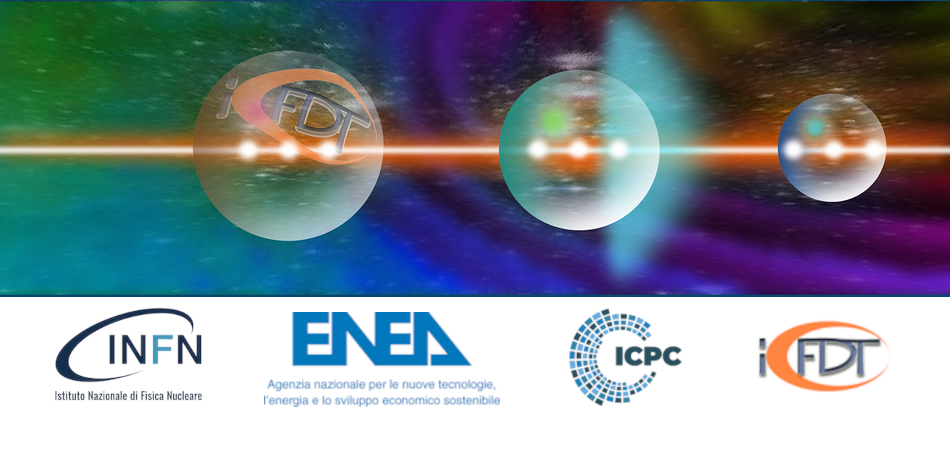Speaker
Description
As the world seeks sustainable and low-carbon energy sources, nuclear fusion has emerged as a promising solution with its potential to generate vast amounts of clean energy as well as nuclear fission is considered by many countries that closed the nuclear fission programs many years ago like Italy. This study analyses the methods for risk evaluation of fusion and fission plants (approached like critical infrastructures for energy production) to deliberate sabotage, cyberattacks, insider threats, and other forms of malicious interference and the principal methods to evaluate the related probabilities that certain events can happen. Drawing insights from existing literature, expert opinions, and case studies from related critical infrastructures, this work aims to raise awareness about the importance of integrating robust security measures into the design, operation, and regulation of those plants. By identifying the methodologies for risk evaluation and proposing proactive strategies to mitigate risks, this research contributes to the development of a resilient and secure energy infrastructure for the future.

